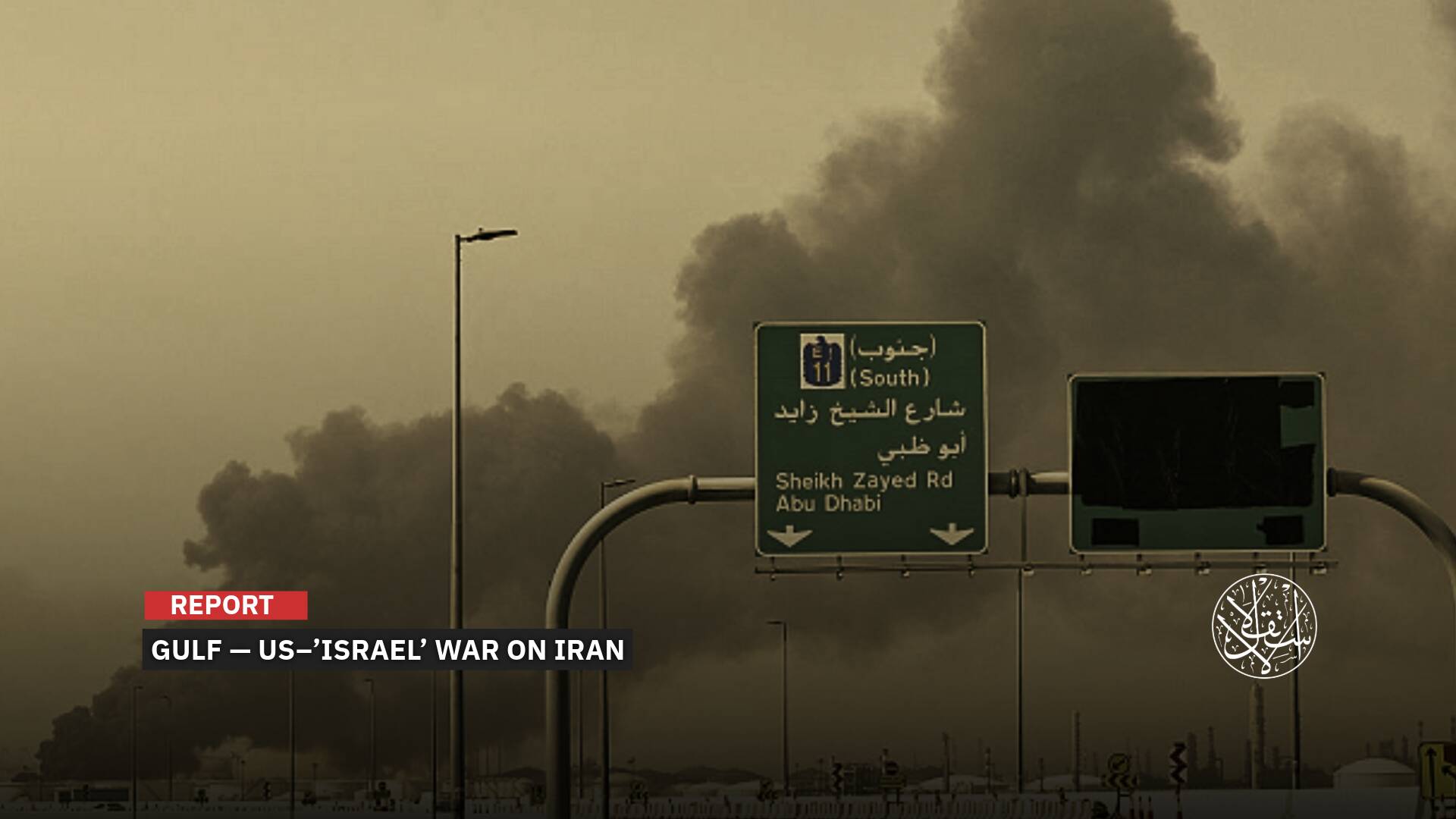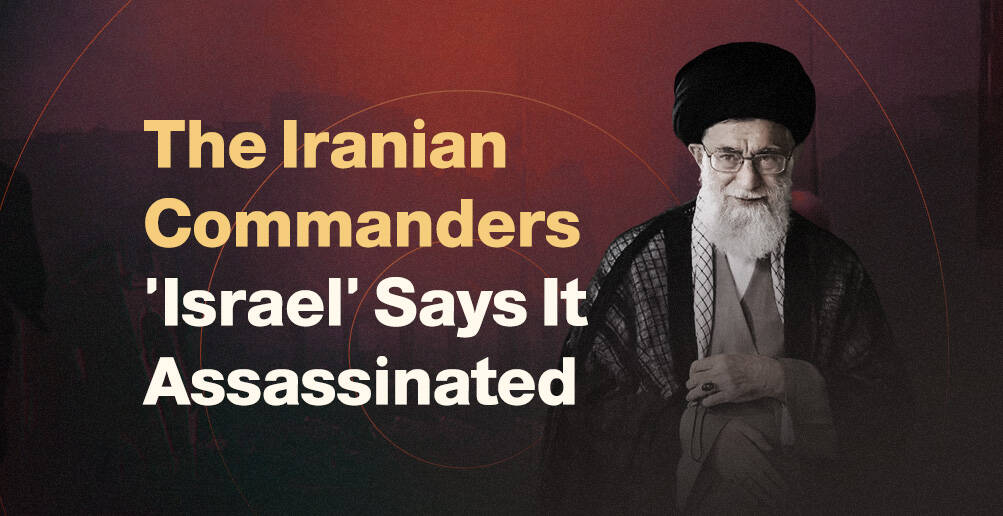Erdogan or Kilicdaroglu: Who Is More Likely to Lead Turkiye After the Run-Off?

For the first time in the history of Turkiye, candidates for the presidential elections are forced to go through a second round to decide the name of the president who will lead the country at the beginning of its second century, which reflects the ferocity of the political competition between President Recep Tayyip Erdogan, who has ruled the country for two decades, and Kemal Kilicdaroglu, who is supported by the Table of Six alliance and the Peoples’ Democratic Party (HDP).
The participation rate in these elections is unprecedented in the country’s history, reaching 88.92%, and it is like a fateful referendum that will determine Turkiye’s future in the next five years.
Erdogan, who had previously won all the previous presidential elections in the first round and crossed the 50% threshold, albeit by small percentages, this time was unable to decide the race in the first round because of less than half a percentage point.
In the 2014 presidential elections, Erdogan won 51.79%, and in the 2018 presidential elections, he increased the vote in his favor by 52.38%.
However, the 2023 elections were the most difficult for Erdogan after the opposition parties, with their various ideologies, determined to end 20 years of his rule, change the presidential system and return the country to the parliamentary system, which is one of the most prominent promises of the opposition that vanished after the May 14 vote and the ruling People’s Alliance achieving a parliamentary majority.
In addition, Erdogan, supported by the People’s Alliance, managed with difficulty to win first place with 49.51% of the vote, followed by Kilicdaroglu, who got 44.88%, in second place, to advance with him to the second round of the presidential elections, scheduled for May 28.
Sinan Ogan, the candidate of the ATA Alliance, the ultra-nationalist politician, achieved a surprise when he came third with about 5.17%, taking advantage of the withdrawal of candidate Muharrem Ince, the leader of the Homeland Party, from the electoral race.
Ogan seeks to play the role of making the next president and tip the scales of one candidate over another, so he tries to impose his conditions on Erdogan and Kilicdaroglu to obtain the largest amount of political gains, portfolios, and ministerial positions.
Powerless Opposition
The real surprise was that the presidential elections did not go to a run-off, as most analysts were acknowledging the difficulty of determining the winner in these elections in advance, but the victory of the People’s Alliance, which supports Erdogan, with the majority of parliamentary seats was a shock to the opposition alliance.
This prompted the Turkish opposition to search for new methods and tools and employ them during the run-off on May 28.
Kilicdaroglu began to focus on attacking Erdogan and raising the issue of refugees in Turkiye in an effort to attract the nationalist voter who voted for Sinan Ogan.
In a video clip, Kilicdaroglu appeared, saying: “From here, I appeal to everyone. We did not find this homeland on the street. We will not leave our homeland to this mentality that brought us 10 million illegal refugees.”
The head of the Republican People’s Party (CHP) also appealed to the youth to support him in the run-off on May 28 as part of his efforts to prevent the extension of the current President Erdogan’s rule.
In the first round of elections, the opposition campaign led by Kilicdaroglu focused on the economic crisis, the Syrian refugees, dealing with the effects of the earthquake, the ruling party’s control over the four authorities (executive, judicial, legislative, and media), and the unification of the largest possible number of opposition parties and forces, including the Kurdish HDP.
However, the opposition’s inability to resolve the elections requires it to search for other tools, or to reproduce previous tools, in an attempt to create momentum around it in the second round.
The opposition is betting that the Turks are fed up after twenty years of Erdogan’s power, especially the youth, among whom about five million are voting for the first time.
It is also betting on the difficult economic situation and the deterioration of the value of the Turkish lira, which led to a rise in inflation in the fall to nearly 85%.
Voter fatigue could now become a serious issue for the opposition. Ercan Erguzel, an analyst at Barclays in London, said: “Opposition voters may lose motivation following worse than expected results both in the parliamentary and presidential elections.”
He added that the result suggested Turkiye’s political landscape will remain roughly unchanged.
Kilicdaroglu struggled to forge his six-party alliance, made up of groups with widely divergent views.
He also faced serious challenges from within the opposition itself as to whether he was the right candidate to go up against Erdogan, given he had led the CHP, Turkiye’s leading opposition party, for 13 years without clinching a victory on the national stage.
Meral Aksener, head of the Good Party (IYI), which is the second-biggest group in the Table of Six alliance, publicly rejected his appointment as the alliance’s candidate in March and only backed down once it was agreed that the popular mayors of Istanbul and Ankara would be made vice-presidential candidates.
Now, some opposition supporters worry that the bond between the parties could fracture.

The Strongest Candidate
On the other hand, Erdogan will focus until the date of the run-off on television programs and visit the earthquake areas at the end of this week, which comes after opposition supporters insulted the afflicted in those areas against the background of the election results and their massive vote for Erdogan.
Erdogan will also hold rallies in some of the provinces where he received a high voter turnout.
Erdogan affirmed his commitment to all the promises he made during his election campaign, saying: “We will implement them all one after the other, God willing, after we get the mandate from the people, after May 28.”
Ibrahim Kalin, a spokesman for the Turkish presidency, said, “The second round will be easier for us. There is a five-point difference between the two candidates, about two and a half million votes. It seems that they have no chance to bridge this gap.”
A statement of the number of votes showed that the Justice and Development Party (AKP) won the majority in 10 of the 11 provinces hit by the devastating earthquakes last February in southeastern Turkiye, which claimed the lives of tens of thousands of people and displaced millions.
Analysts said that the results showed that Erdogan’s promise to rebuild destroyed cities had reassured voters in areas that were mostly AKP strongholds.
The strong performance of the ruling party, which defied initial expectations that earthquakes would damage its support, was also fueled by doubts about the opposition’s ability to meet voters’ expectations.

Turkish political analyst Mahmoud Alloush believes, in an interview with Al-Estiklal, that Erdogan’s chances in the second round are stronger than those of the opposition candidate, referring to the large percentage he obtained in the first round and the AKP’s majority in parliament, and adding that the people always deal with the strongest.
“The swing voter tends to be stable, especially in light of the economic crisis afflicting the country, and it is not desirable for the president to be inconsistent with the parliamentary majority, which would cause political instability in the country,” he said.
On the other hand, the political analyst notes that there are doubts about the large number of voters who voted for Kilicdaroglu in the second round, adding that “even if Kilicdaroglu allied with Sinan Ogan, I do not think that all of Ogan’s supporters will vote for the opposition candidate, and I think that the votes will be dispersed between the two candidates; therefore, the beneficiary is Erdogan.”
Mr. Alloush also believes that those who abstained during the first round of voting in the elections (about 14 million voters) are now facing a challenge, adding: “I think that if they participate in the vote, they will choose Erdogan.”
It is noteworthy that Erdogan had led Turkiye in one of its most transformative and divided eras, as the large country grew into a heavy military and geopolitical force playing roles in conflicts stretching from Syria to Ukraine.
Erdogan occupied a prominent position throughout Turkiye, which witnessed a development boom during his rule.

Political Rivalry
The result obtained by Sinan Ogan, the politician with ultra-nationalist, anti-refugee, and anti-foreign rhetoric in the country, was an unexpected surprise, especially since polls did not give him more than 2% of the vote.
The two presidential candidates are competing to attract the national voter who voted in the first round for Ogan, who may turn into a kingmaker after obtaining 5.17% of the vote, amid questions about the candidate who will receive his support.
“We will consult with our constituency before reaching a decision on the run-off, but we have made it clear that fighting terrorism and returning refugees are red lines,” Ogan told Reuters in an interview on May 15.
Ogan stipulated that the presidential candidates agree to several files, the most important of which is the return of refugees to their countries and not supporting the Kurdish parties, which he said were linked to terrorism, in order to call on his supporters to support the candidates.
The Kurdish HDP supported Kilicdaroglu in the presidential elections, while the Kurdish Free Cause Party (HUDA-PAR) supported President Erdogan’s re-election.
Ogan, 55, stressed that his goal is to remove the two Kurdish parties from the Turkish political equation and to support Turkish nationalists and secularists, noting that the election results showed that they succeeded in that.
Experts expected Kilicdaroglu to rethink his strategy, and a senior official from the opposition alliance stressed to Reuters the need for Kilicdaroglu to completely restructure his strategy.
It is noteworthy that Kilicdaroglu had previously succeeded in bringing together the two contradictions when he obtained the support of the nationalist Good Party despite his alliance with the Peoples’ Democratic Party, but without including the Kurdish party in the Table of Six alliance.
According to analysts, Kilicdaroglu can tempt Ogan with many positions and promises, but this will not guarantee that the entire electoral base of the ancestral alliance candidate will vote for the Nation’s Alliance candidate.
It is likely that the base of ultra-nationalists hostile to Syrian refugees will split between supporting Kilicdaroglu (perhaps the largest segment) and a smaller percentage in favor of Erdogan, and the rest will prefer abstaining or voting with a blank card.

On the other hand, Murat Somer, a political science professor at Koc University in Istanbul, said in a statement to CNN that “Ogan had previously criticized Erdogan and Kilicdaroglu, but the majority of his voters are closer to the current president than his rival, the opposition candidate.”
As for the Turkish foreign policy expert Yusuf Erim, he indicated that “the opposition will wage a difficult and arduous battle in the second round; as for President Erdogan, if he manages to repeat the same performance as in the first round, all he needs will be only a small share of the 6% of the votes that went to Ogan and Ince, to win a new era.”
“Ogan’s supporters who belong to the nationalist ideology will find that Erdogan and his partner in the coalition (the nationalist movement) are closer to their views than Kilicdaroglu. The HDP’s support for Kilicdaroglu may be a red line for Ogan’s supporters,” Mr. Erim explained.
Sources
- Opposition expects to win 2nd round of Turkish election: Kılıçdaroğlu
- Kilicdaroglu turns to anti-migrant fears before Turkey run-off
- Erdogan promises supporters ‘bigger victory’ in run-off election
- CHP plans until May 28 [Turkish]
- Erdoğan poll lead prompts soul-searching for Turkey’s opposition
- A far-right nationalist politician may decide Erdogan’s political fate










